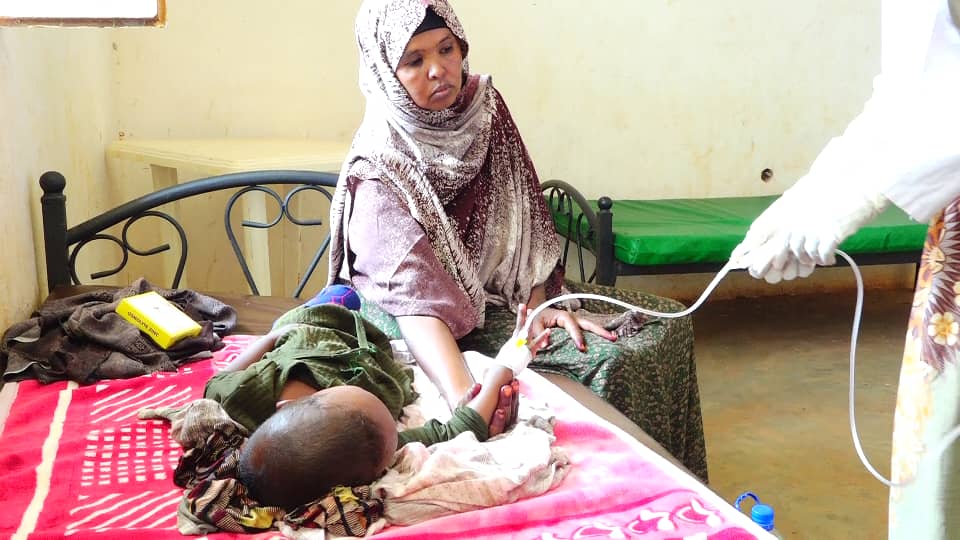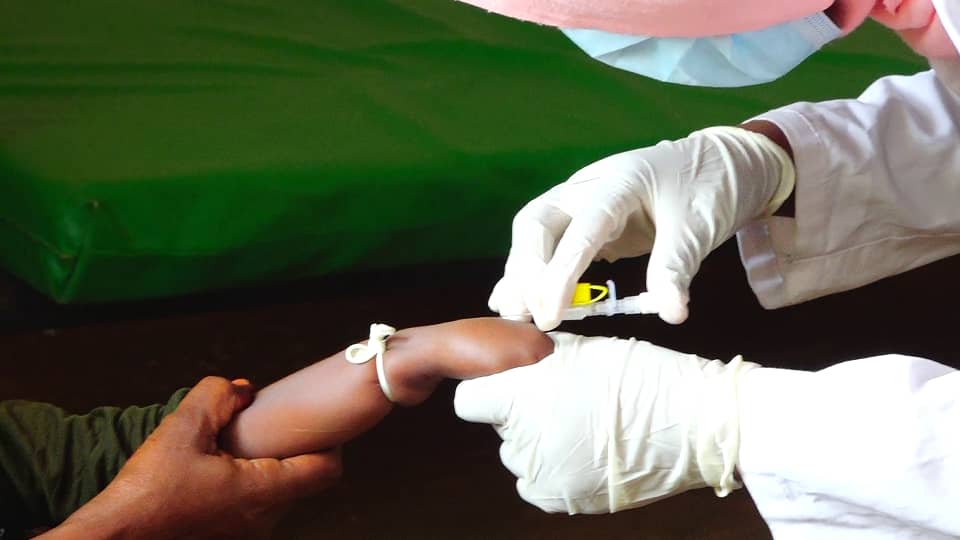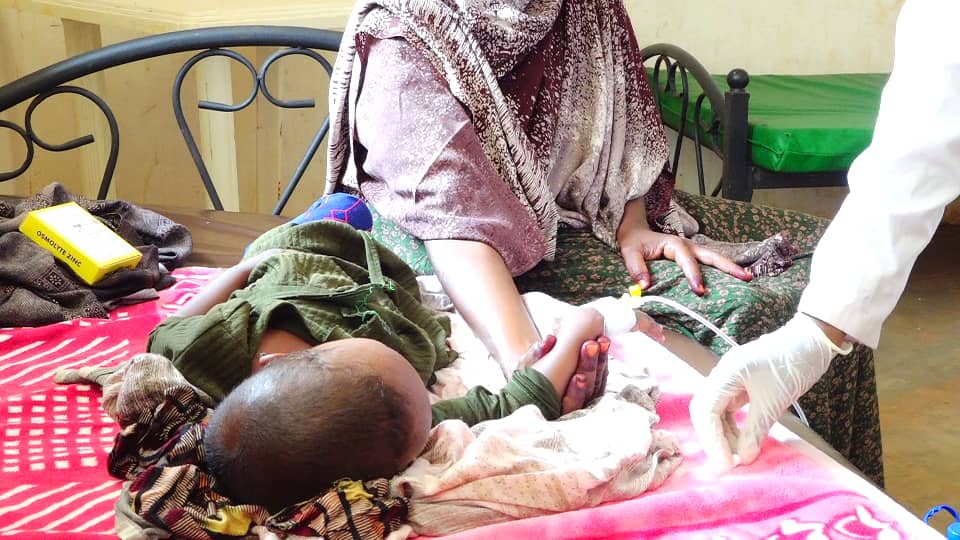The schools in many parts of Ethiopia are underdeveloped. The situation is worst in the small
towns that lie in the rural areas. The main reasons are scarcity of capital and lack of trained
capable staff.
Students of a school In Yuub, a town of about 30,000 people in a rural area, for example, have
not been able to pass the national college entrance exam at all for years. Many other towns
share this dismal condition with Yuub. As a consequence, many students lose interest in
education and drop out of schools. This youth does not also see jobs that give and support
adequate living. The alternative that presents itself to them, they perceive, is leaving the land.
Some of these embark in dangerous treacherous adventures to escape either to the oil-rich gulf
countries or to Europe. They usually end up becoming prey to cruel, merciless human
traffickers.
About 2 ½ years ago, a young man called me from Kampala, Uganda. He told me that he was a
cousin of mine. I asked him whether He was trying to engage in Tahriib (the escapade of trying
to escape overseas). He said he was in search of education that was absent at home. When I
contacted his parents, they told me that they could not persuade him to stay. He was 16 years
old and dropped out of 10th grade.
Other relatives and I helped him find a living place and school in Kampala. But because of his
poor English, he could not attend that school. He requested that we send him to South Africa
where he could work and help himself and his parents.
Finally, he went back home. His elder brother, who is a trucker operating from a big city, took
him in. He escorted his brother in the truck for some time. The last time I heard about him, he
was working with a truck company as an assistant driver.
Most people who venture to escape their country do not change their mind and come back
home. The reason for that is a feeling of shame that arises from a perceived failure of their
efforts or the knowledge of the lack of existing opportunity at home to make an adequate living.
We decided to confront this situation by investing in the health and education of Yuub, an
ancestral town. We established an NGO in the U.S. called H.E.R.D.S. It stands for Health
Education Relief & Development Service.
The aim is to expand the health center of the town to improve the lives of the community. The
center currently does not have Surgery, Radiology, and other important departments.
We want also to establish an after-school program that tutors students in English, Math, and
Science. We believe that would enable the young to join different trades or to go into colleges in
the future.
We desire to encourage the youth and the community to see a better future ahead of them other
than what prevails now. With a joint effort and collaboration of all, a better future and a bright
horizon is possible, In Shaa Allah!
In order to reverse this situation and trend, it is crucial that the government, regional and local
authorities step up and do a better job. The community should also initiate self-help programs that contribute, in any way possible, to improve the conditions of the school and the health center. It should not solely depend on the help of others but rather strive to be self-sufficient. It is also important that foreign governments, agencies
and individual donors lend a hand in this matter. H.E.R.D.S (Health Education Relief & Development
Service) Is committed to do its part.
✶ The article is by Abdul Aziz Yusuf.



